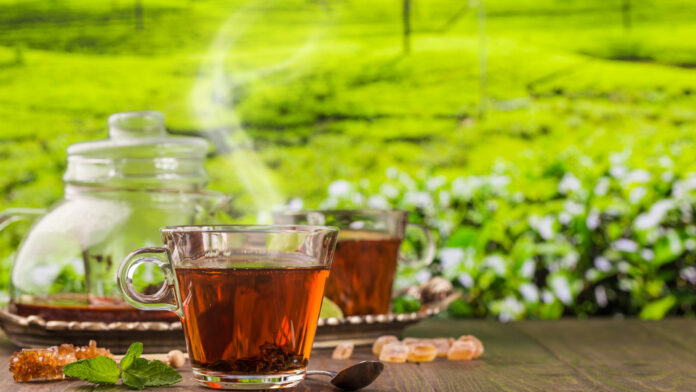Ceylon tea is more than just a global commodity; it is a symbol of Sri Lanka’s heritage, landscape, and enduring spirit. From the misty hills of Nuwara Eliya to the sprawling plantations of Kandy and Uva, the story of Ceylon tea is woven into the fabric of the island’s culture and economy. Each cup tells a tale of tradition, toil, and timeless quality.
The history of tea in Sri Lanka began in the 19th century, when the island’s coffee plantations were devastated by disease. British planters turned to tea cultivation, transforming the central highlands into fertile grounds for one of the world’s most sought-after teas. Over time, Ceylon tea gained its own identity, prized for its bright, brisk flavor and distinctive aroma that reflect the unique climate and soil of the island’s diverse regions.
What makes Ceylon tea exceptional is not just its taste but the meticulous care in its production. From the tender plucking of young leaves to the precise processing methods, every step is a blend of science and craftsmanship. The varying altitudes produce teas with subtle differences, higher elevations yield delicate, fragrant brews, while lower regions produce stronger, fuller-bodied cups.
Ceylon tea is also closely linked to the wellbeing of those who cultivate and consume it. Beyond its stimulating caffeine content, the tea is rich in antioxidants and compounds that promote heart health and aid digestion. In Sri Lankan homes, tea is more than a morning pick-me-up; it is an integral part of social rituals and daily life. The brewing and sharing of tea foster connection, conversation, and calm.
The tea industry remains a cornerstone of Sri Lanka’s economy, supporting millions of livelihoods from smallholder farmers to factory workers. Efforts to ensure sustainability, fair trade, and organic cultivation are growing, reflecting a global demand for ethically sourced products. Many estates are embracing eco-friendly practices, aiming to preserve the environment that gives tea its unique character.
In recent years, Ceylon tea has also become a symbol of cultural pride. Its presence in international markets has elevated Sri Lanka’s global profile, while at home, it is celebrated as a national treasure. Tea festivals, tourism centered around tea trails, and artisanal blends showcase the versatility and heritage of this beloved beverage.
Sipping Ceylon tea is to experience a connection that spans centuries, a connection to the land, to the people who nurture it, and to the rhythms of daily life. In every cup is a reminder that something as simple as tea can carry stories of endurance, culture, and care, steeped deeply into the heart of Sri Lanka.




